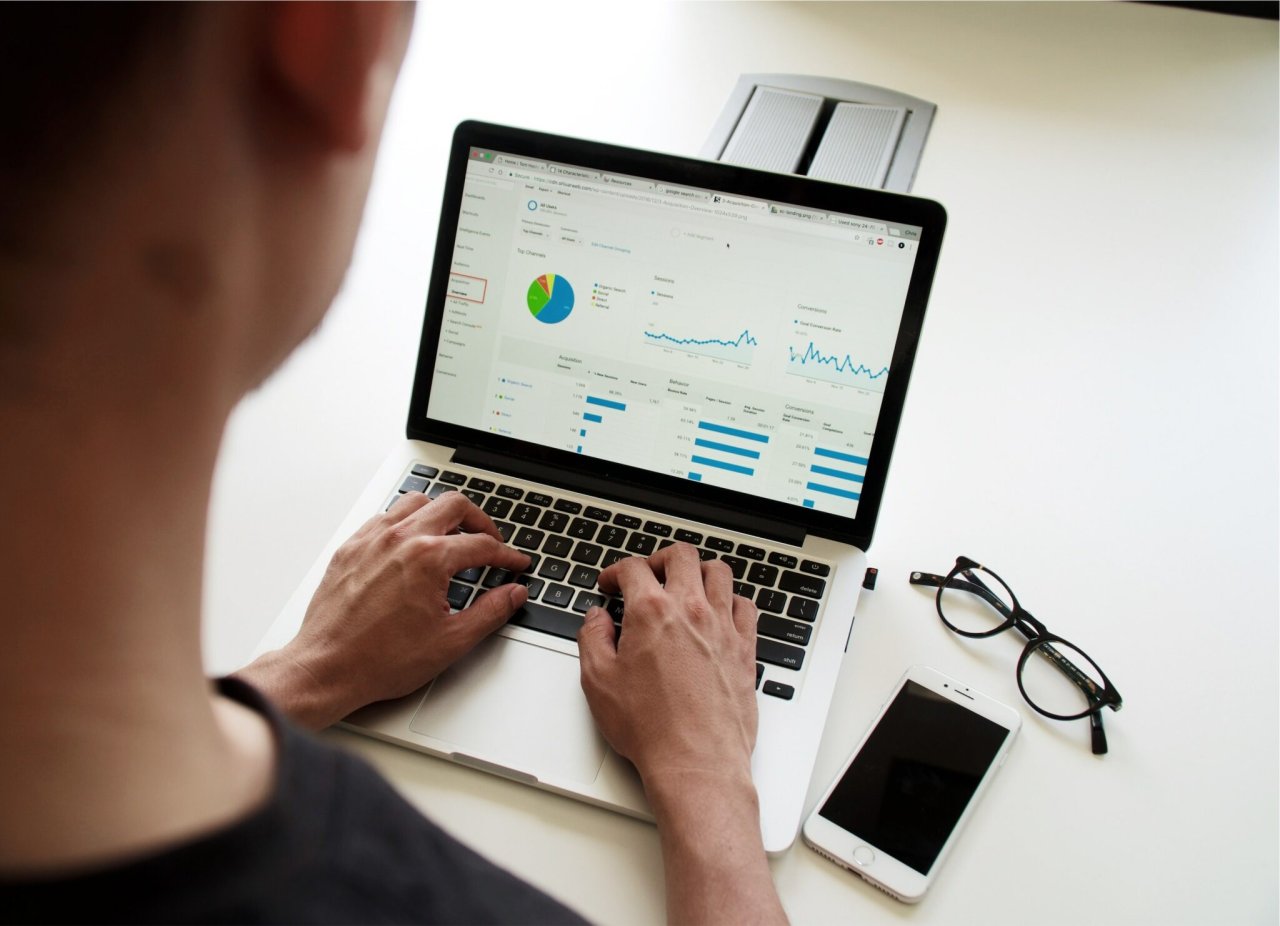Services tailored to you...
With over five decades’ experience serving a diverse range of clients in the South West, we possess an unbeatable depth of knowledge across a wide range of industry sectors.
Our specialist partners and teams can provide expert advice on everything from farming and agriculture, to military tax allowances. We’re here to help you make the most of your planning opportunities so that you can grow with confidence.
Published on 19th January 2024
The deadline for filing your self-assessment tax return for the 2022-23 year is fast approaching. You will need to file and pay your tax liability by 31st January 2024 to avoid interest and penalties. If you haven’t filed your tax return yet, there is still time before the end of the month.
If you are self-employed, it’s likely that you will need to complete a self-assessment tax return. This is the system used by HMRC to collect information about you and/or your business’ earnings and expenses and calculate how much income tax is owed. To begin the process, and to pay your tax bill, you can find all information on the HMRC website.
What to do if you miss the self-assessment tax return deadline
The most immediate consequence of missing the deadline for your self-assessment tax return is late filing penalties. You’re likely to face an initial fixed penalty, followed by daily penalties for each day the return remains outstanding. These penalties can accumulate over time, making it important to file as soon as possible. Interest will be charged on late payment of tax, and you will also suffer late payment penalties if tax is still outstanding at the end of February.
If you haven’t filed a return by 31st January, please don’t panic or bury your head in the sand. We would recommend the following:
File your return as soon as you can.
If you can estimate how much tax you owe, pay this as soon as possible.
Contact HMRC to discuss your situation. In some cases, they may be willing to work with you to address the issue, especially if there are valid reasons for the delay.
Seek professional advice. Accountants are there to help you navigate the process and minimise potential penalties.
We’re available on 01392 211 233, or [email protected] if you’re looking for support with your self-assessment tax return.
What you can do now, to prepare for next year’s deadline (January 2025)
Organise your records. It’s advisable to use accounting software such as QuickBooks, Xero or Sage to maintain your sales records and capture expenses throughout the year. As a minimum, we highly recommend using a dedicated business bank account and taking photos of receipts.
Double check your entitlements. Research the tax allowances and reliefs you may be eligible for, either as an individual or through your business. This can significantly reduce your tax liability, and therefore the bill you have to pay. Common deductions include business expenses, charitable contributions, and education-related expenses but there are different rules that apply to different situations. It is vital to know what you’re entitled to.
Ask for help! The information submitted in a self-assessment tax return can be complex, and the penalties for submitting inaccurate information can be sharp. We can help you to spot mistakes and identify tax reliefs that may legitimately lower your tax bill and provide you with peace of mind.
